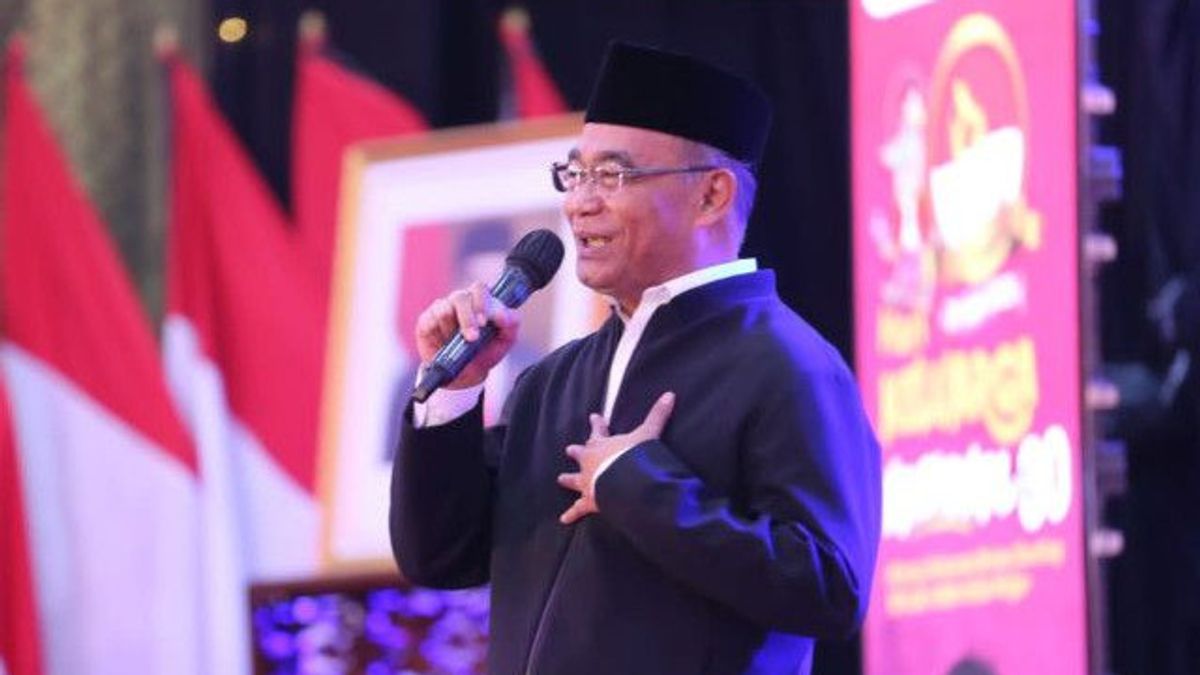Coordinating Minister for Human Development and Culture Muhadjir Effendy stated that the government will pay special attention in reducing stunting rates in provinces with high prevalence.
"For example, areas with high absolute numbers such as Java will be given special attention, then for outside Java where the prevalence rate is high," Muhadjir said as quoted by ANTARA, Wednesday, July 5.
Muhadjir said the acceleration of stunting reduction is currently a serious concern for the government. Based on data from the 2022 Indonesian Nutrition Survey Status (SSGI), the prevalence rate is 21.6 percent. The government targets that in 2024 the stunting rate will be at 14 percent.
According to him, the high stunting rate is still a challenge because it has a bad impact. Based on the Ministry of Health's explanation, stunting has the potential to slow brain development, with long-term impacts in the form of mental retardation, low learning ability, and the risk of chronic disease attacks such as diabetes, hypertension, to obesity.
"Last night I went to Palembang, for example for South Sumatra for up to one year from 23 percent now 18 percent. So it is very possible if it is handled seriously according to the direction of the President," said Muhadjir.
One of the efforts to reduce stunting, he said, was through budget arrangement. The Coordinating Ministry for Human Development and Culture hopes that next year it can rearrange the budget, especially those that spread in several ministries and institutions.
"Indeed, the responsibility has actually been to share between the regions and the center. And actually the regions, those who have more responsibility. The allocation of funds should be real in the APBD, in addition to funds from the Ministry of Social Affairs, Ministry of Health, BKKBN, and that must be done., "he said.
In addition, the Government will also focus on handling extreme poverty. Extreme poverty is one of the causes of stunting. The Coordinating Ministry for Human Development and Culture, he said, already has data listed in the Targeting the Acceleration of the Elimination of Extreme Poverty (P3KE).
VOIR éGALEMENT:
According to him, this P3KE will become a database and build a strategy to reduce extreme poverty in Indonesia. BPS data in March 2022, amounting to 2.04 percent or 5.59 million people. The government targets zero percent extreme poverty by 2024.
"For extreme poverty, right, there is already data called P3KE, already by name by address, and that is under the Coordinating Ministry for Human Development and Culture. So I can control it directly," he said.
The English, Chinese, Japanese, Arabic, and French versions are automatically generated by the AI. So there may still be inaccuracies in translating, please always see Indonesian as our main language. (system supported by DigitalSiber.id)













